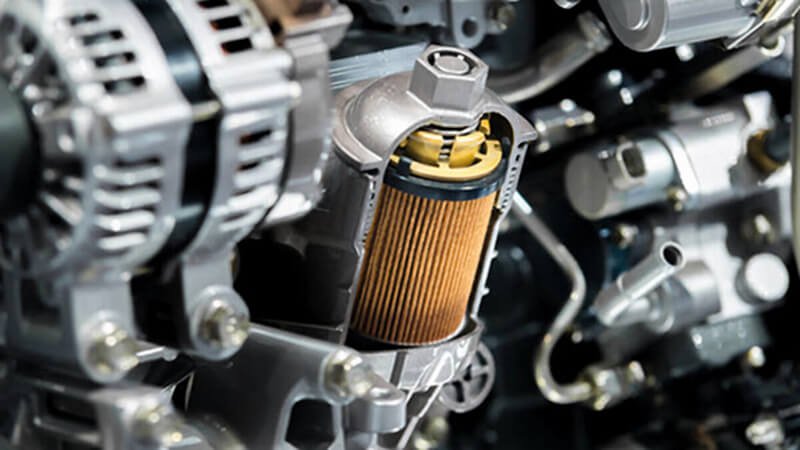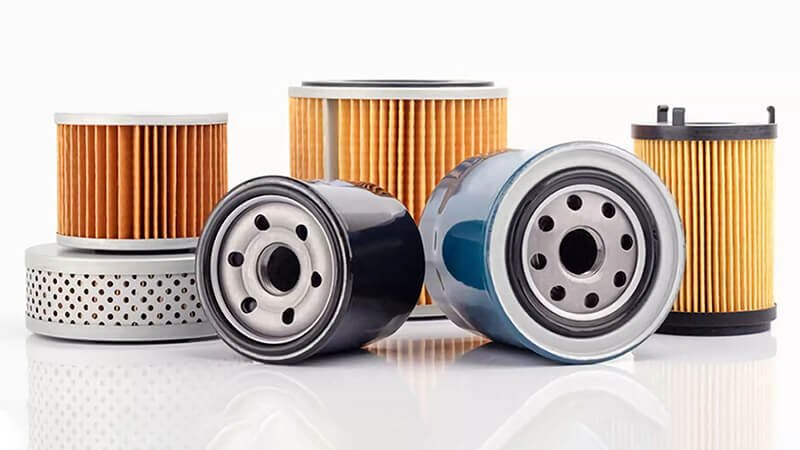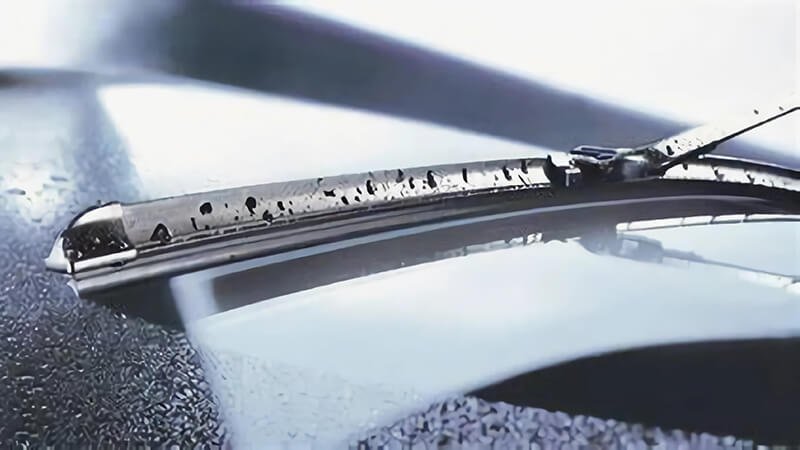Choosing the right oil filter can feel overwhelming with so many price options. Going for the cheapest might save money now, but what about your engine's long-term health? Understanding how to balance cost and quality is key.
Oil filter prices vary widely, but selecting the right one ensures optimal engine performance, prevents damage, and avoids costly repairs in the future.
Finding the sweet spot between price and quality requires more than a quick look at the sticker. Let’s explore what really matters when comparing oil filters.

Is there a difference between cheap and expensive oil filters?
Cheap and expensive oil filters can look the same, but their internal components often differ significantly. Materials and construction quality impact their effectiveness.
Cheap oil filters may lack durability and filtration efficiency, while expensive ones often use higher-quality materials and technology, providing better engine protection. Learn more about oil filter effectiveness1
Diving Deeper: Understanding the Differences
-
Filter Media Quality:
- Cheap filters often use low-grade paper, which clogs or breaks down faster. Advantages of synthetic filter media2
- High-quality filters use synthetic or blended media for better filtration.
-
Valve Mechanisms:
- Cheap filters may have unreliable anti-drainback valves, causing oil flow issues. How anti-drainback valves affect oil flow3
- Expensive filters include precision-engineered valves for consistent oil flow.
| Feature | Cheap Filters | Expensive Filters |
|---|---|---|
| Filter Media | Low-grade paper | Synthetic or mixed media |
| Durability | Limited, prone to wear | Long-lasting, robust construction |
| Efficiency | Filters fewer contaminants | Captures finer particles effectively |
Understanding these differences helps you weigh the cost against the potential risks of cheap filters.

Does the price of an oil filter matter?
Price can be a helpful indicator of quality, but it isn’t the sole factor to consider. Blindly choosing based on price could lead to unnecessary expenses or insufficient protection. Understand oil filter pricing factors4
While price reflects certain aspects of quality, research into the brand and specifications provides a more accurate guide to selecting the right oil filter. How to evaluate oil filter quality5
Diving Deeper: What Price Tells You About Quality
- Brand Reputation: Established brands often price higher because of their tested performance and reliability. Top-rated oil filter brands6
- Material and Technology: Higher-priced filters may include advanced features like superior filtration media or longer life spans. Technological advancements in oil filters7
- Market Dynamics: Some prices are inflated due to branding rather than genuine quality differences. How branding influences oil filter pricing8
| Price Bracket | What It May Indicate | Key Considerations |
|---|---|---|
| Low | Basic functionality, potential reliability issues | Ensure it meets minimum standards |
| Mid | Balance of cost and quality | Often the best value |
| High | Premium materials and features | Confirm if features match your needs |
Ultimately, price matters, but understanding what you’re paying for matters even more.

How do you check the quality of an oil filter?
Not all high-priced filters guarantee quality. Knowing what to look for ensures you’re making an informed choice. How to identify quality oil filters9
To check an oil filter's quality, examine its construction, filtration specifications, certifications, and user reviews. Key factors in oil filter selection10
Diving Deeper: Quality Checkpoints
- Filter Media Composition: Look for synthetic or mixed media for better filtration performance.
- Build Quality: Check for durable casing, strong seams, and reliable valves. Inspecting oil filter durability11
- Certifications: Look for industry-standard certifications like ISO 4548-12, which ensures efficiency and durability.
- Customer Feedback: Read reviews and compare experiences from other users.
| Quality Aspect | How to Check | Why It Matters |
|---|---|---|
| Filtration Media | Check material type | Ensures effective contaminant capture |
| Build Durability | Inspect casing and valves | Prevents leaks and ensures longevity |
| Certification | Confirm compliance with standards | Verifies performance and safety |
By focusing on these factors, you can confidently evaluate oil filter quality before purchasing.

Are all oil filters the same quality?
At first glance, oil filters may appear similar. However, differences in material, technology, and design create significant variations in quality and performance. Learn what makes oil filters different12
No, oil filters differ in quality based on materials, technology, and compliance with industry standards. Choosing the right filter ensures proper engine protection. How to choose the best oil filter for your engine13
Diving Deeper: Identifying Quality Variations
-
Material Differences:
- Cheaper filters may use lower-grade materials prone to failure.
- Premium filters often use advanced materials for superior performance. Advantages of premium oil filter materials14
-
Design and Technology:
- Basic designs might lack essential features like bypass valves.
- Advanced filters include robust mechanisms for maximum efficiency.
| Feature | Basic Filters | Premium Filters |
|---|---|---|
| Material Quality | Standard paper media | Synthetic or mixed media |
| Advanced Features | May lack valves or robust seals | Precision-engineered components |
| Certification | Often uncertified | Adheres to international standards |
All filters are not created equal. Knowing what makes them different helps you make informed decisions for your vehicle’s health.

Conclusion
Comparing oil filter prices without sacrificing quality is about understanding the factors that impact performance and durability. High-quality filters may come at a higher price, but they offer better engine protection, reduce maintenance costs, and enhance vehicle longevity. By focusing on certifications, materials, and real-world reviews, you can find the right balance between cost and quality, ensuring peace of mind and reliable performance.
-
Understand the factors influencing oil filter performance and why materials and construction matter. ↩
-
Discover how advanced materials enhance oil filtration and engine protection. ↩
-
Learn how anti-drainback valves ensure consistent oil flow and prevent engine wear. ↩
-
Explore key elements like materials, technology, and brand value that affect oil filter costs. ↩
-
Learn practical steps to evaluate an oil filter's performance based on specifications. ↩
-
Get insights into trustworthy brands known for reliable oil filters. ↩
-
Discover how advanced materials and features improve oil filtration. ↩
-
Understand how branding can inflate prices without adding value. ↩
-
Understand key criteria to differentiate high-quality oil filters from low-quality ones. ↩
-
Learn the most crucial aspects to consider when choosing an oil filter. ↩
-
Find tips on assessing the physical build quality and durability of an oil filter. ↩
-
Understand the key distinctions in materials and design that affect oil filter performance. ↩
-
Learn how to make an informed decision when selecting an oil filter for your vehicle. ↩
-
Explore the advantages of premium materials in ensuring better filtration and durability. ↩













